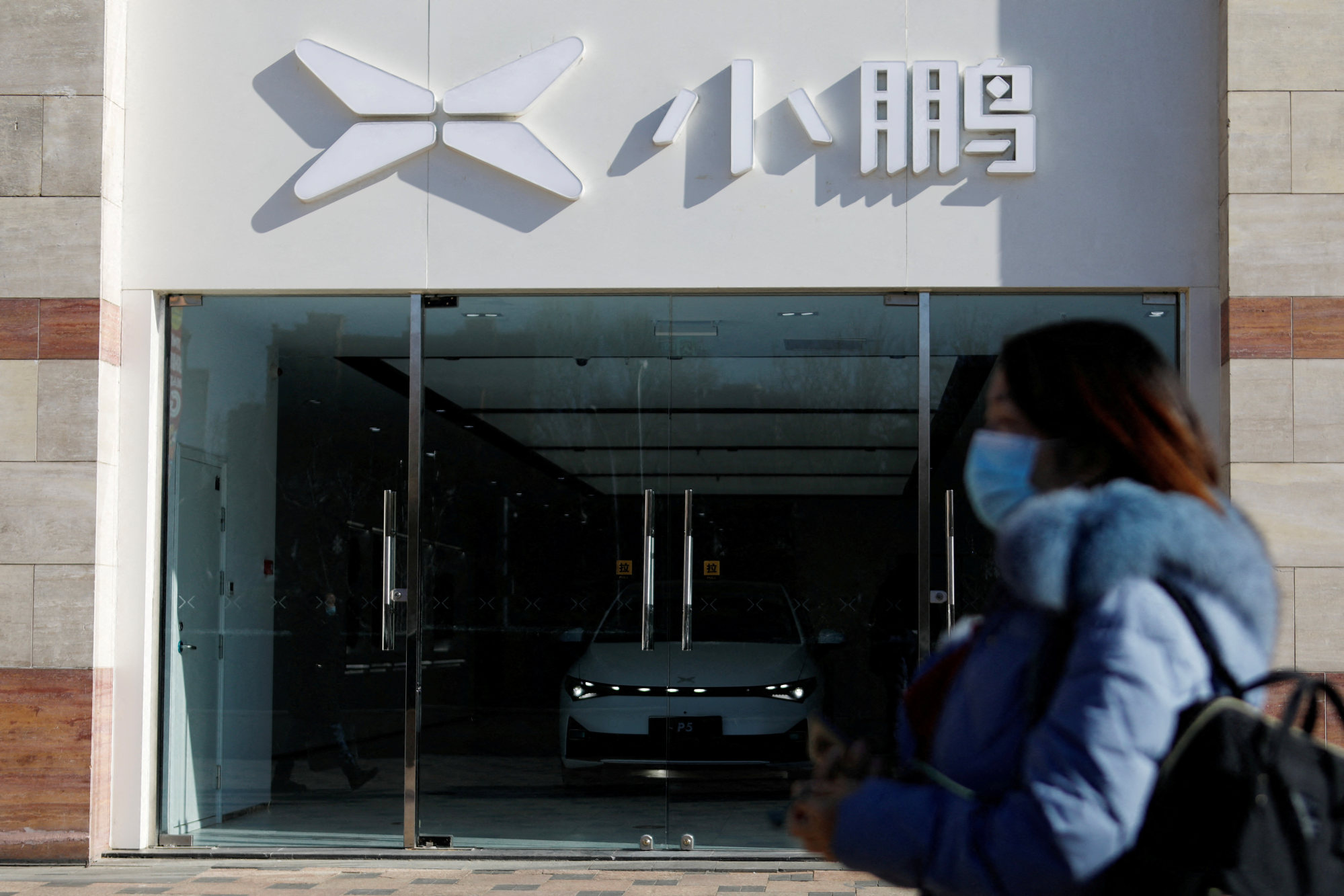
Chinese EV maker Xpeng set to extend 50 per cent share-price surge thanks to new SUV, overseas expansion: Goldman Sachs
- The US investment bank set a share-price target of HK$70, implying a 17.4 per cent gain from Xpeng’s Wednesday close
- Shares of Xpeng will be underpinned by its competitive new G6 model and a resilient outlook for overseas growth, analyst says
Chinese electric-vehicle maker Xpeng is set to extend its more than 50 per cent stock gain this year, according to Goldman Sachs, which bets the stock still has room to run thanks to a well-received new sport-utility vehicle (SUV) and a stronger footing in its overseas business.

The basic edition of the G6 can go as far as 580km on a single charge, while Tesla’s Model Y has a driving range of 545km.
Goldman’ bullish call may add further impetus to a rally in Chinese EV stocks trading in Hong Kong, one of the few sectors to hold onto gains this year amid soured sentiment on the broader market. Xpeng has risen 54 per cent in 2023, and Li Auto has surged almost 90 per cent, while even Nio, the worst performer among the trio, has eked out a gain of about 7 per cent.
In comparison, the Hang Seng Index has dropped almost 5 per cent in the span on an exodus of foreign investors fretting over the strength of China’s post-pandemic recovery and the frayed ties between Beijing and Washington.
EV sales are a bright spot amid a disappointing economic recovery in China this year, thanks in part to the government extending subsidies.
Meanwhile, China’s general car market, the world’s biggest, has been reeling from a fierce price war that started earlier in the year. Inventories have increased amid a bleak economic outlook, while stagnant income growth sidelines potential buyers. Makers of conventional cars are feeling more of the pain, as price cuts and government subsidies make EVs more competitive.
Goldman expects Chinese carmakers to sell 8.5 million units in overseas markets by 2030, nearly triple the 3.11 million in 2022.
In the report, Hou placed sell recommendations on Guanghzhou Automobile Group and SAIC Motor, because their high exposure to fossil-fuel-powered vehicles will squeeze margins and returns on assets.


